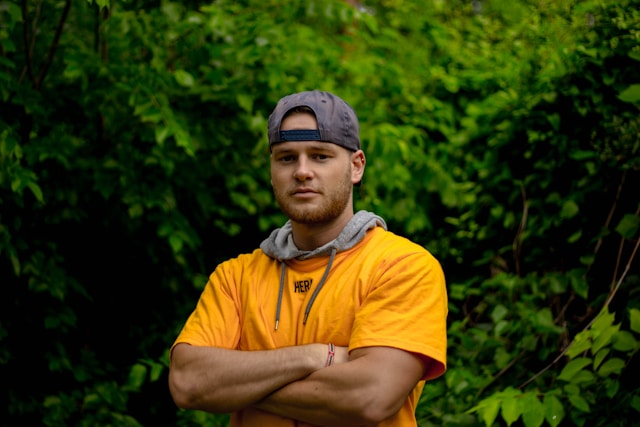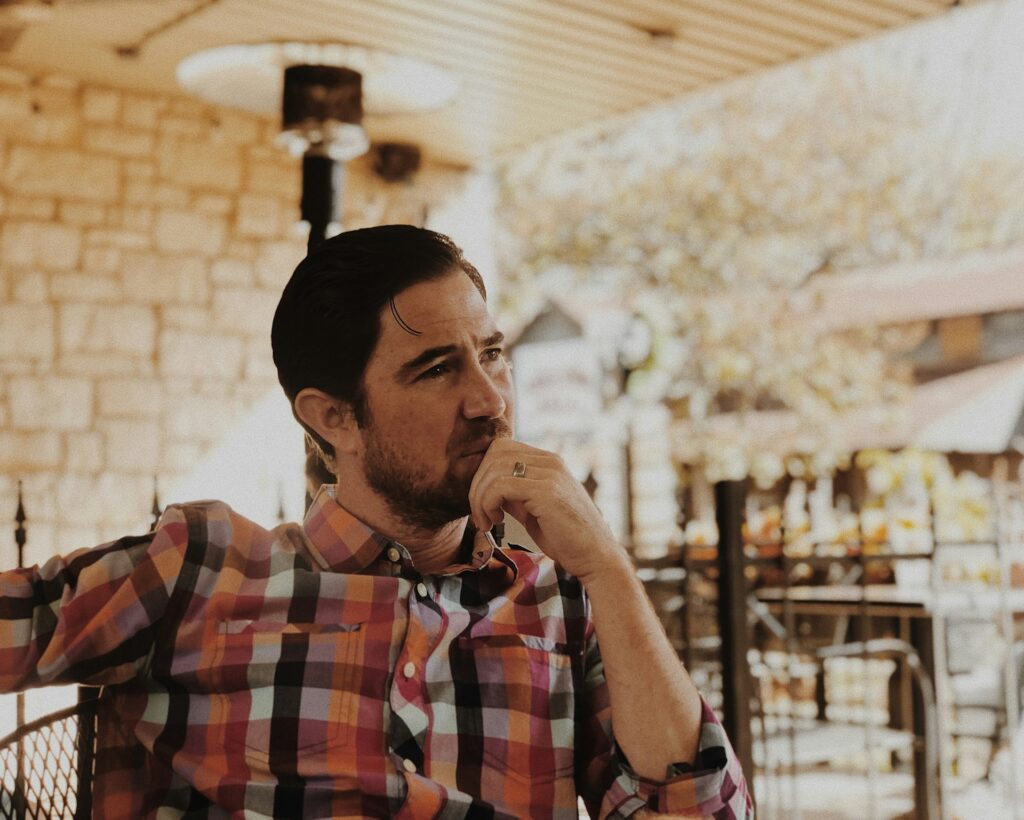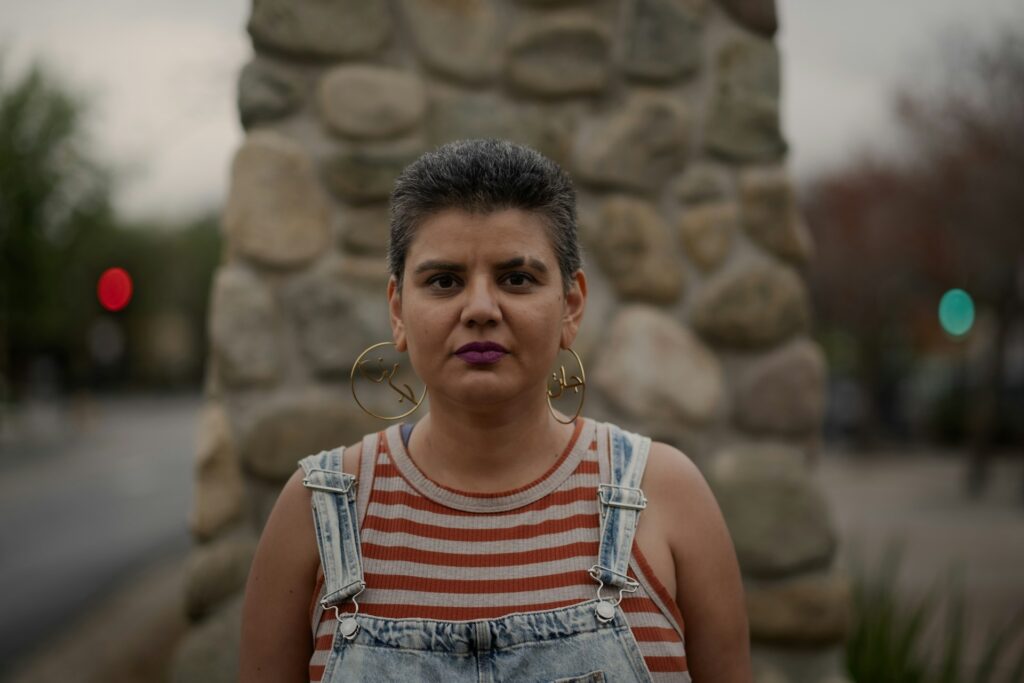18 Reasons Your Adult Children Want Nothing To Do With You
 Unsplash
Unsplash Parenting often feels like a thankless job.
 Source: Unsplash
Source: Unsplash You’ve dedicated your life to bringing up your kids, instilling them with the morals and values you hoped would carry them through life and make them happy, healthy, successful adults. However, now that they’re grown up, they’ve started to distance themselves from you, or maybe they even cut you out entirely. Despite your attempts to connect, you find yourself constantly being pushed back, and you don’t know what you’ve done wrong or why they seem to be so angry at you. If the reasons aren’t abundantly clear (or you’re just not willing to face them), here are some possibilities for what’s really going on.
You were emotionally unavailable.
 Source: Unsplash
Source: Unsplash Did your job, hobbies, or personal struggles always take priority over spending quality time? Kids don’t just want presents – they need your presence and emotional support to feel loved, Barnardo’s explains. If you weren’t consistently there, those scars can run deep.
You dismissed their feelings.
 Source: Unsplash
Source: Unsplash All those times you told them to “toughen up” or that their problems were “no big deal” probably hurt. Even if those emotions seem overblown to you, they were real to your kids. Continuously dismissing their feelings teaches them their emotions don’t matter.
You were overly critical.
 Source: Unsplash
Source: Unsplash Nobody becomes their best self by being endlessly nitpicked. If you always focused on their flaws, they might internalize that negativity. Now, spending time with you may trigger those feelings of inadequacy, leading them to avoid contact altogether.
You micromanaged their lives.
 Source: Unsplash
Source: Unsplash You might’ve thought you were being protective, but constantly hovering stifles growth. Adult children need the space to learn from their own choices and become independent. If you treated them like they couldn’t make a move without your input, they may be reluctant to include you in their adult lives.
You prioritized control over connection.
 Source: Unsplash
Source: Unsplash Were your rules and expectations set in stone, regardless of the situation? Demanding obedience without room for discussion breeds resentment. Adult relationships thrive on mutual respect, which might be lacking if you never relinquished control.
Your negativity was a constant.
 Source: Unsplash
Source: Unsplash Nobody likes being surrounded by doom and gloom. If your default mode was complaining, catastrophizing, or focusing on everything wrong in the world, it likely eroded their trust and emotional well-being. Adults can choose who they surround themselves with, and they may choose to avoid constant negativity.
You lacked clear boundaries.
 Source: Unsplash
Source: Unsplash Did you overshare personal details, burden them with adult problems, or rely on them for emotional support they weren’t equipped to give? Healthy boundaries are essential for all relationships – parent-child dynamics are no exception.
You never truly apologized.
 Source: Unsplash
Source: Unsplash Mistakes happen, but did you brush things under the rug or give half-hearted “sorrys”? Children learn from their parents’ example. If they never witnessed genuine accountability for your actions, they may struggle to trust a dynamic where hurt feelings are never properly addressed.
You still treat them like children.
 Source: Unsplash
Source: Unsplash Second-guessing their choices, belittling their accomplishments, or undermining their decisions is a guaranteed way to push them away. Even adult children want to feel respected and recognized for the capable individuals they are.
You play favourites.
 Source: Unsplash
Source: Unsplash Comparisons can really sting, especially within families, BetterHelp notes. If your affection or approval seemed to be based on performance or competition with siblings, it likely created a deep rift between parent and child, eroding trust and fostering resentment.
You make them feel like a burden.
 Source: Unsplash
Source: Unsplash Whether it’s constant complaining about the sacrifices you made, guilt-tripping them for not visiting enough, or acting like they owe you something, this behaviour damages the relationship. Adult children have their own lives and responsibilities, and it’s unfair to treat them like an emotional ATM.
You violated their trust.
 Source: Unsplash
Source: Unsplash Did you betray confidences, go back on promises, or reveal private information without their consent? Trust is the foundation of any healthy relationship. Adult children may cut ties if they feel like they can’t confide in you without repercussions.
You don’t respect their partners.
 Source: Unsplash
Source: Unsplash Criticizing their choice in spouse, nitpicking their partner’s flaws, or making snide remarks causes significant tension. Your adult children chose their partners for a reason. Disrespecting that choice signals that you don’t respect their judgment or their right to build their own family.
Your version of “love” feels conditional.
 Source: Unsplash
Source: Unsplash Do they feel like they constantly have to earn your approval or walk on eggshells to avoid disappointing you? Unconditional love means supporting them regardless of choices or mistakes, not just when they meet your expectations.
You refuse to see their point of view.
 Source: Unsplash
Source: Unsplash Inflexible viewpoints and unwillingness to compromise are guaranteed to push adult children away. Relationships are two-way streets, and if you never budge from your perspective, they might not see a point in trying to connect.
You weren’t a safe space.
 Source: Unsplash
Source: Unsplash Did they feel judged, ridiculed, or shamed when expressing themselves around you? As Action For Children explains, kids need to know they can come to their parents with anything – the good, the bad, and the ugly. If your reactions made them feel less-than or afraid to be honest, they won’t turn to you as adults.
You never changed.
 Source: Unsplash
Source: Unsplash People can evolve, but only if they’re willing to learn and grow. Are you still making the same mistakes you did years ago? Refusing to acknowledge past hurts or take responsibility for your actions could make reconciliation impossible. People don’t want empty words, they want meaningful action.
You were straight-up abusive.
 Source: Unsplash
Source: Unsplash This one goes beyond tough love – abuse, in any form (physical, emotional, verbal), leaves deep scars. Adult survivors may choose to cut contact entirely as a means of self-preservation and to create distance from a source of trauma. You can ask for forgiveness, but you certainly can’t expect it.





